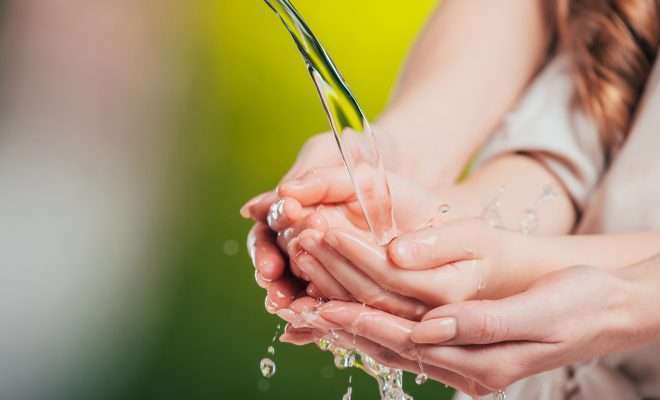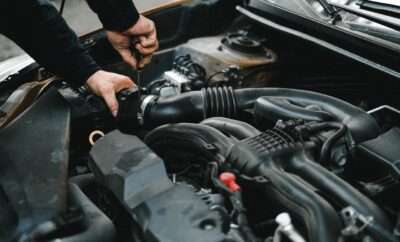 Depositphotos
Depositphotos
What Does Hard & Soft Water Mean?
What Does Hard & Soft Water Mean?
If you’re like most people, you’ve probably heard the terms “hard water” and “soft water.” However, most people also don’t know what the difference is, or why it should matter to them. Let’s take a closer look at what hard water and soft water are, why it matters, and how you can ensure the water in your home is soft. What does hard soft water mean?
What Is Soft Water?
When water falls as rain, all that is in it is H2O (hydrogen and oxygen, which makes up water molecules) and sodium ions. This water is known as soft water. It’s the purest, most natural form of water.
Soft water can also be treated for use in your home, but even then, it won’t have any other chemicals diluted in it.
What Is Hard Water?
Water is a solvent. You’ve probably observed this already when you look at canyons that have been cut out of the earth by rivers. Over time, water that runs over substances (even stone) will wear down, dissolve, and remove nearly any material.
As water flows along the earth or filters through it into caves and other underground reservoirs, it dissolves the material it passes through, and when it does that, it picks up all kinds of chemicals like magnesium and calcium.
This mineral-rich water is known as “hard water.”
Why Does It Matter?
If you’ve ever seen orange stains on a white wall that happens to be next to a sprinkler or white, crusty buildup on taps, toilets, or appliances in your home, you’ve seen the effects of hard water firsthand.
Just like chemicals can be dissolved into water, they can also be deposited on various surfaces when water passes over them. So, while most of the chemicals in hard water stay in the water, they can also be left on your plumbing fixtures and appliances. Over time, this buildup can become significant.
While it is possible to clean some hard water stains off appliances and surfaces, it is an ongoing job, and you will have to do it regularly. If you don’t, the buildup may become so severe that the only solution is to replace the affected items. Which of course is both expensive and disruptive.
What Can You Do?
The good news is that we do know that hard water is a problem for many people, and there are solutions that can help. A licensed plumber can help tell if your plumbing system is right for hard or soft water, and if not, what you can do to make the necessary changes to the system.
Sometimes, all it takes is relatively small changes to soften your water and keep your pipes, plumbing fixtures, and appliances in better shape for longer.
So don’t wait until a hard water problem forces you to buy new appliances or have new plumbing installed. If you think you have hard water, talk to a plumber today, and take the right action.











